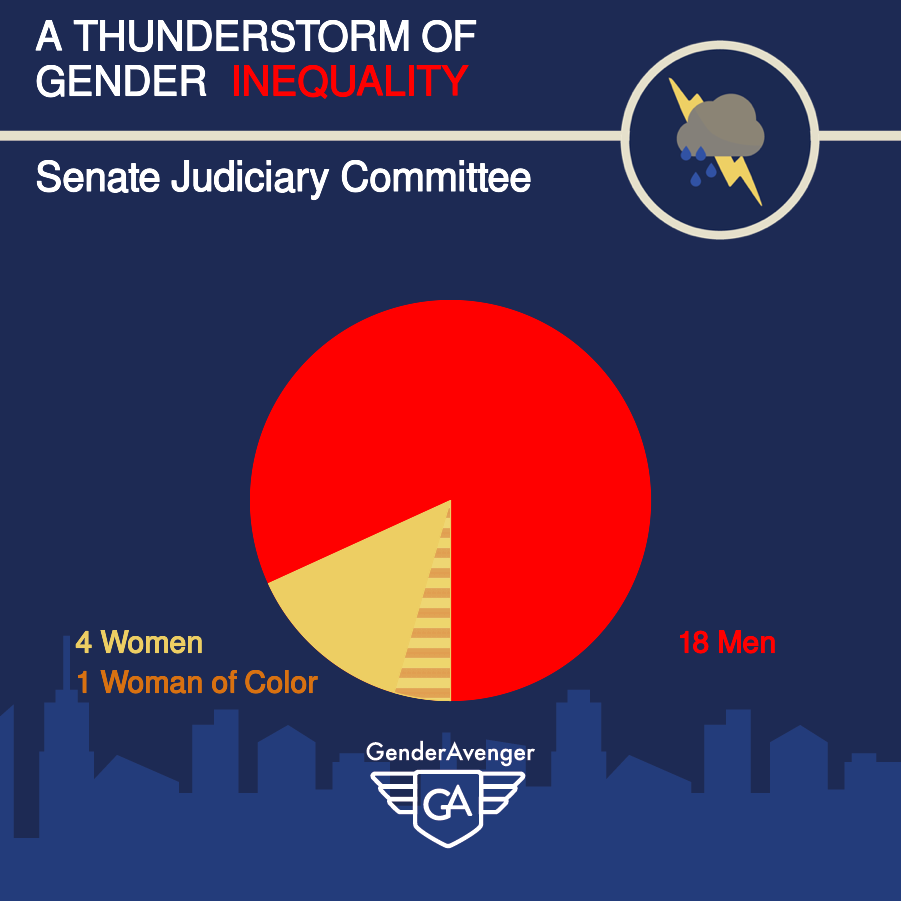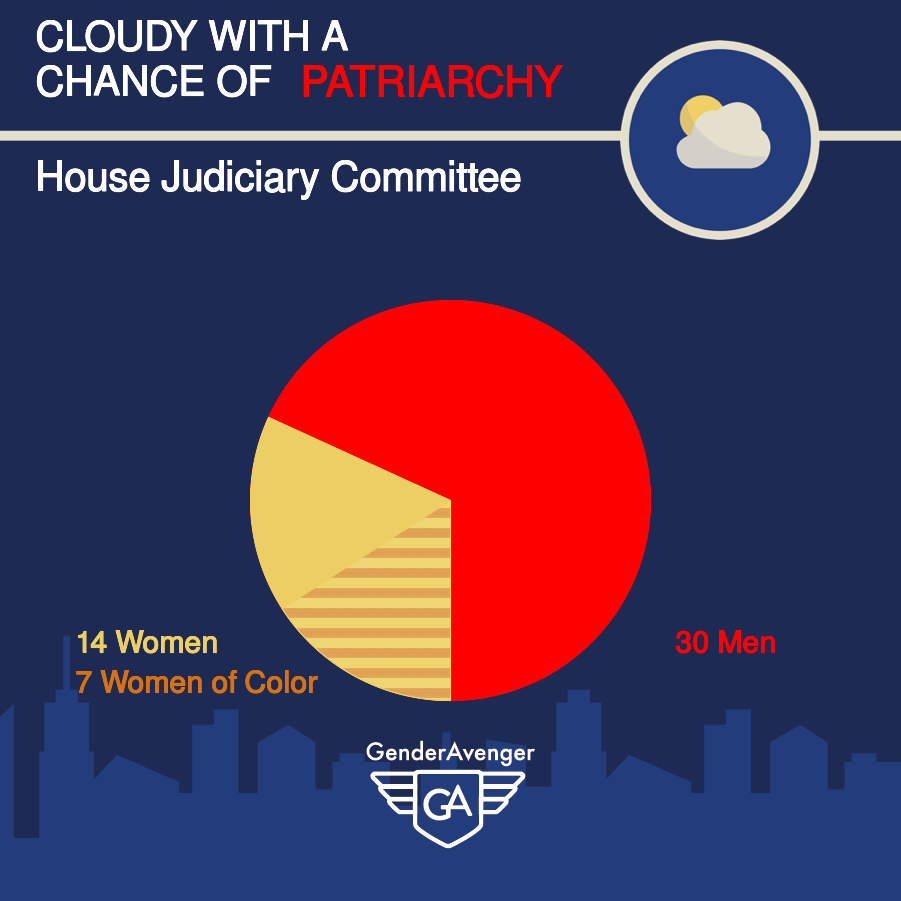Why Is the US Congress Unable to Make Headway On Gun Reform? Part of It Could Be Gender Imbalance.
photo credit: David von Diemar, via Unsplash
As the United States once again mourns the victims of mass shooting tragedies, the inevitable dialog has begun: why is the US congress unable to make any headway on publicly supported reform?
Poll after poll comes out showing that public support is consistently in favor of reform, from measures like expanded background checks to closing certain loopholes, yet no progress has been made.
When we drill down on public support, the facts show that there is a significant difference in support when viewed by gender. Women favor legislative action to tighten restrictions by a substantial 21% margin over men, while 11% more men than women support loosening restrictions.
Americans' Preferences for Gun Laws, by Demographic Groups
Source: Gallup
This is nothing new. For years, women have been more vocal advocates. Even the 22% of women who report owning a gun are more likely than men, regardless of their gun ownership, to support stricter measures.
The most recent gun legislation that passed both houses of Congress was The Protection of Lawful Commerce in Arms Act (PLCAA) 2005, which “protects firearms manufacturers and dealers from being held liable when crimes have been committed with their products.” This is clearly not the change most constituents are seeking, especially women.
But perhaps it comes down to representation and who is at the table negotiating legislation. Do the negotiators reflect their constituents and the gender and racial diversity of the United States? With just 24% women in the Senate and 27% in the House, that answer is a resounding no.
Further, when reviewing the judiciary committees that have been prominent in gun legislation, not surprisingly, women are poorly represented, especially in the Senate, where legislation already passed in the House has consistently stalled in recent years.
When one sees a poll that shows “84% of voters, including 77% of Republicans, support requiring all gun purchasers to go through a background check”, for example, it is difficult to fathom why our members of Congress haven’t made headway on it, but the key may just be who those representatives are.



